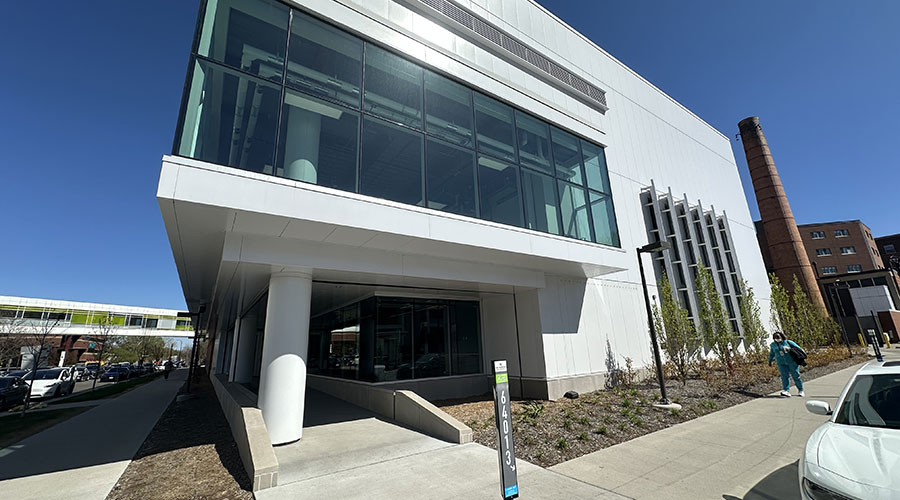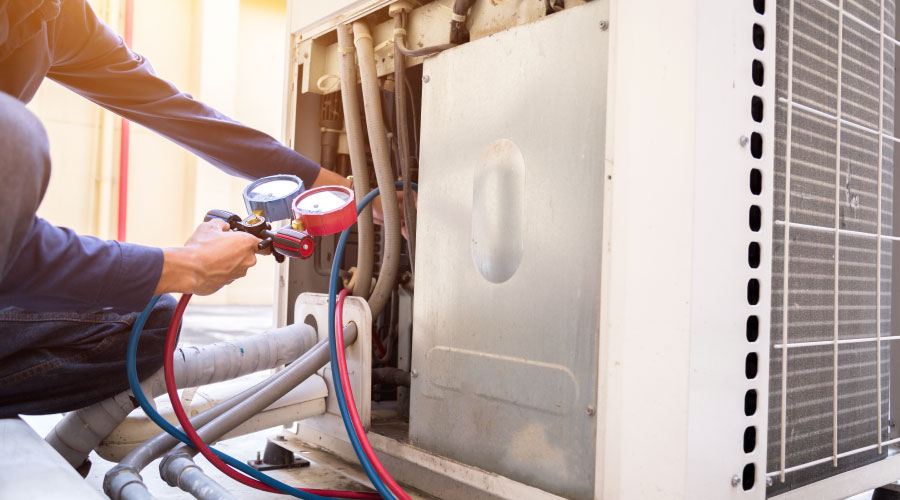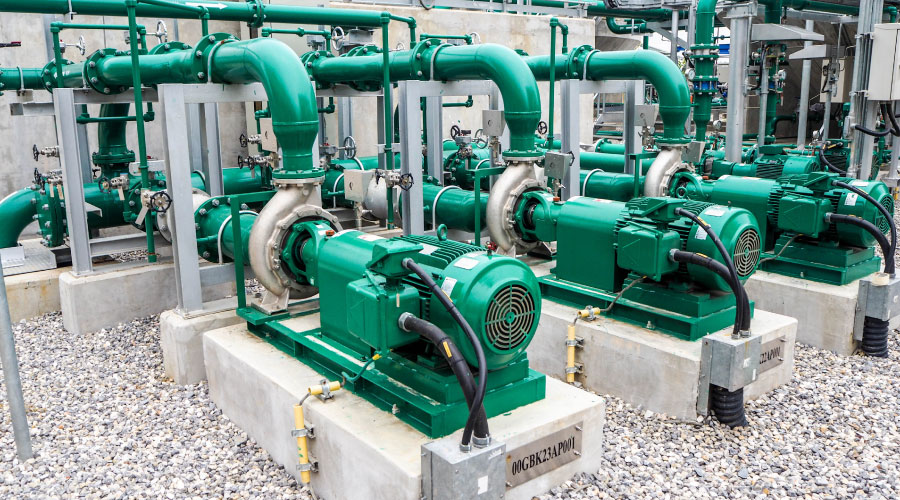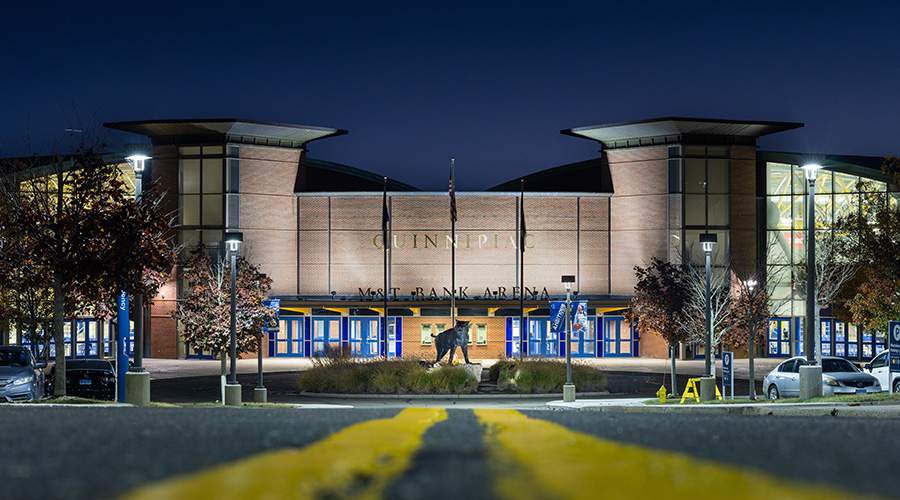Boiler Repair-or-Replace Decision: Key Questions
Once managers and operators have a handle on the maintenance needs for boilers and water heaters, they can tackle the decision on whether to repair or replace a particular unit. Boilers have finite service lives and eventually require replacement, even with comprehensive maintenance. But even though a unit's age is a key consideration, it is not the only factor managers must consider.
While no rules exist for this decision, managers must address several important questions.
What is the age of the equipment? Maintenance costs rise as boilers age. Replacement costs will always exceed maintenance costs, unless something major goes wrong. But watching the trend in maintenance costs is more important. If these costs remain relatively flat, the better option is repairing the boiler or water heater. Costs that rise consistently and rapidly indicate replacement, as does difficulty in getting replacement parts.
What is the equipment's operating history? Identical boilers that operate in similar facilities often have much different operating histories, depending on set-up, operating practices, and maintenance. Operators and managers need to review the equipment's history to determine if any findings suggest that replacement is the better option.
Is the equipment efficient? New boilers offer substantial increases in annual operating efficiency compared to boilers only 10 years old. So when evaluating options, managers need to consider the annual savings from installing a new, higher-efficiency unit.
What is the configuration of the equipment? Older installations of central boilers and water heaters tend to feature one or two large units. That set-up often forced operators to cycle one boiler to match part-load operating conditions.
By comparison, new, centralized systems use several smaller boilers, which allows operators to better match system capacity to facility needs and improve operating efficiency. To make a smart decision on whether a cost benefit exists in installing new, modular boilers, managers should review historical building loads.
Related Topics:













